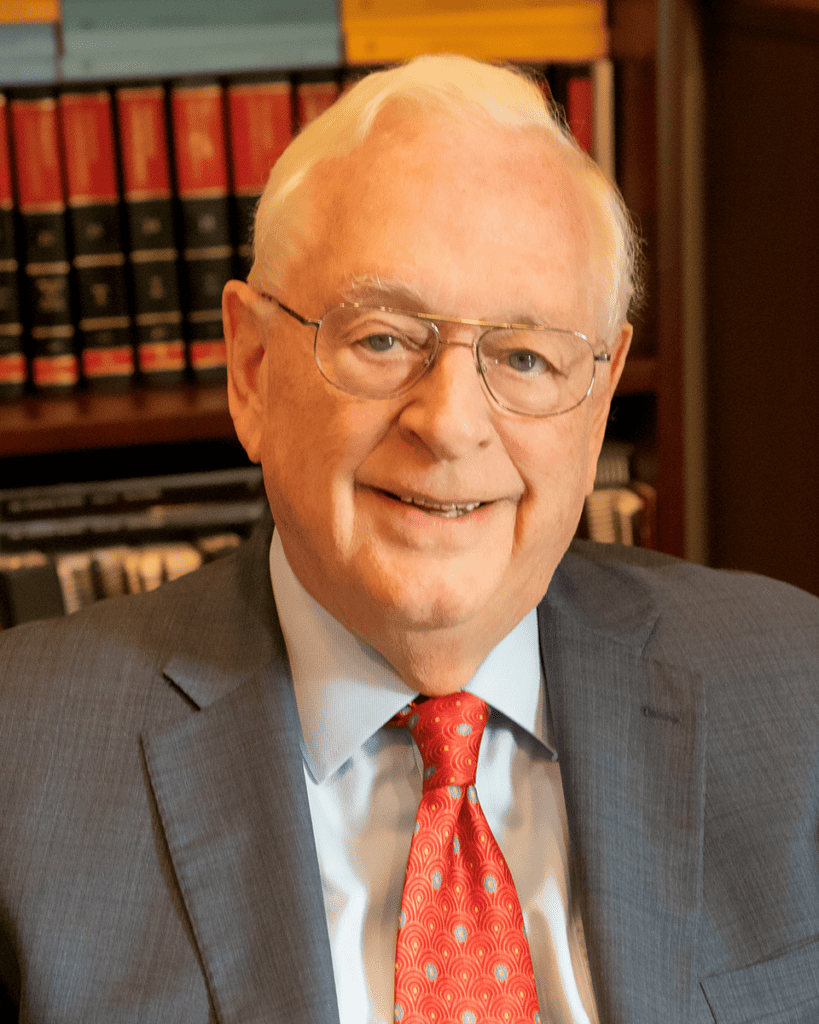Sometimes a slip and fall is really just a slip and fall…
The doctrine of res ipsa loquitur is a rule of evidence intended to assist the plaintiff who has no direct evidence of negligence by providing a way to have circumstantial evidence considered when a plaintiff is trying to proof negligence. The doctrine won’t save a case where there is simply no evidence of negligence, though.
Case: Karla J. Dennis, et al. v. Donelson Corporate Centre I, LP, et al.
Background
Karla Dennis was traveling on an elevator in the Donelson Corporate Centre Building, and the elevator apparently did not stop level with the floor. Ms. Dennis tripped and fell when she exited, causing injuries to her knee, ankle, and leg. Ms. Dennis sued a number of defendants, including the company that provided elevator maintenance, Nashville Machine Elevator Company.
The maintenance company had provided routine maintenance on the elevator several times but had never observed any issues with it. It performed a maintenance check on the elevator just two days before Ms. Dennis’s fall. Following the fall, the maintenance company could not recreate the condition, but did replace the elevator’s leveling switch as a precautionary, but not mandatory, repair, and also replaced a leaky valve.
The trial court ultimately granted summary judgment to the maintenance company and dismissed Ms. Dennis’s suit against it. Ms. Dennis appealed, arguing that a reasonable juror, under the doctrine of res ipsa loquitur, could conclude that the maintenance company was negligent.
For this tool to be available to a plaintiff, she must prove (1) how the injury occurred, (2) that the event causing the injury is one that does not ordinarily occur in the absence of negligence, and (3) that she was injured by an instrumentality in the exclusive control of the defendant. Reviewing these elements, the Court of Appeals concluded that plaintiff had not shown that tripping and falling while exiting an elevator is an event that does not ordinarily occur in the absence of negligence. As the Court observed, anyone can trip and fall on one’s own feet when stepping out of an elevator. Absent proof of this element, the doctrine of res ipsa loquitur does not apply to this case.
Ms. Dennis then argued that summary judgment was not proper because she had presented evidence creating a genuine issue of material fact as to a witness’ credibility. Specifically, plaintiff pointed to the elevator technician’s deposition testimony stating he could not recall whether he serviced the elevator two days or one month prior to the fall. Plaintiff argued that this raised an issue with this witness’s credibility and, consequently, it was likely that he likely concealed defects with the elevator.
The Court observed that every case necessarily implicates witness credibility and yet summary judgment is a common way to resolve a lawsuit. Credibility concerns that warrant a denial of summary judgment must be more specific and more certain than the credibility concern raised in this case. The key issues in this case did not turn on the credibility of the technician as the timing of the last service of the elevator was not a material fact in the case. Thus, the credibility challenge involving this technician did not rise to the “higher than normal” level required to preclude summary judgment.
Commentary
The plaintiff’s real problem in this case is one of proof. She simply could not find any evidence that her fall was the result of negligence on any party’s behalf. She attempted to salvage her claim by using the doctrine of res ipsa loquitur but failed. Not every slip and fall is the result of some identifiable tort.
___________________________________________
A version of this article was originally published in the Tennessee Tort Law Letter. Each month, the editors of the Tennessee Tort Letter provide commentary and analysis on new developments in Tennessee law. To learn about subscribing, click here.





